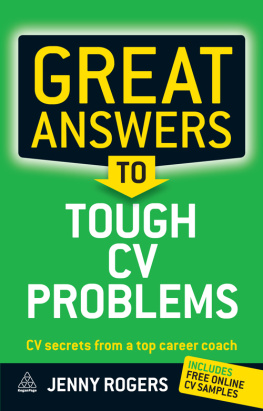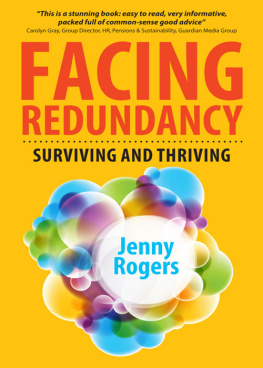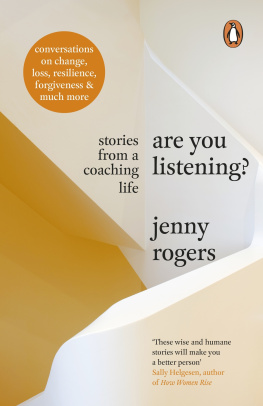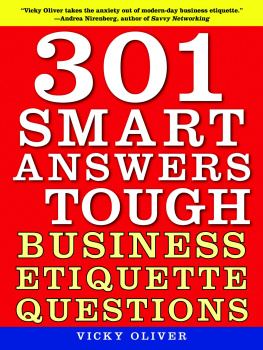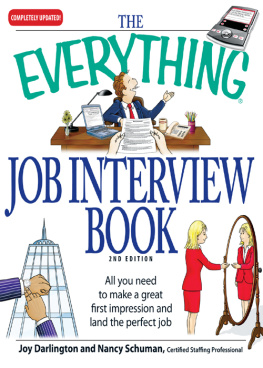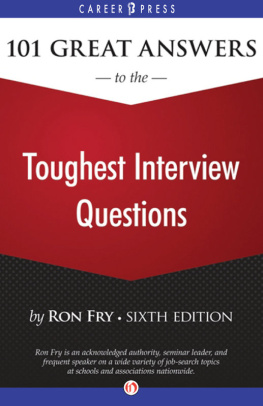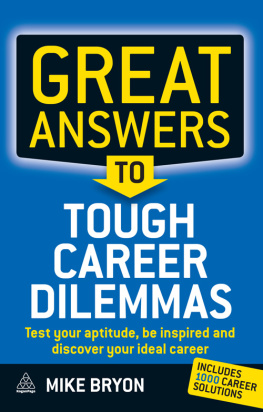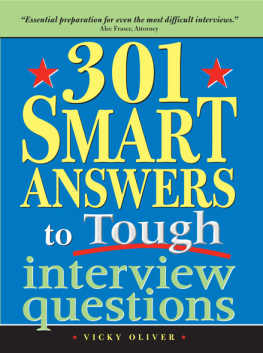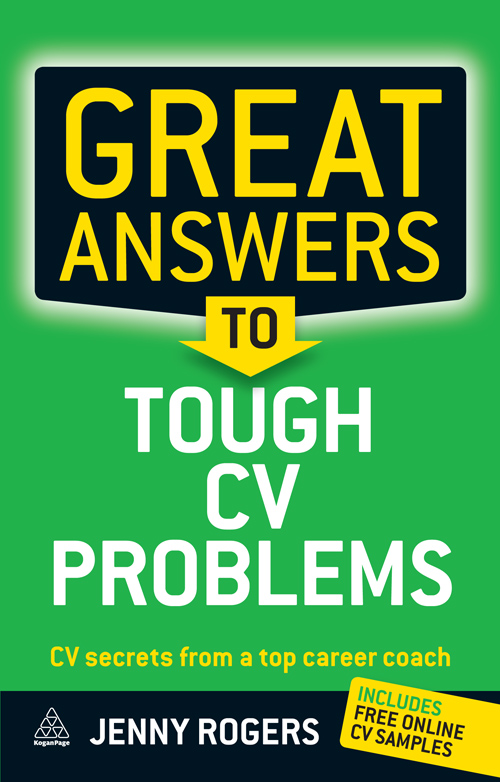In memory of Alan,
who could always recognize talent
when he saw it.

Note on the Ebook Edition For an optimal reading experience, please view large
tables and figures in landscape mode. |
This ebook published in 2011 by
Kogan Page Limited
120 Pentonville Road
London N1 9JN
UK
www.koganpage.com
Jenny Rogers, 2011
E-ISBN 978 0 7494 6281 9
CONTENTS
Example CVs are available on the Kogan Page website. To access, go to http://www.koganpage.com/editions/great-answers-to-tough-cv-problems/9780749462802 |
Chronological CV template
Skills-based CV template
Hybrid CV template
One-page CV template
Medical CV template
Academic CV template
Example of bad CV
Example of good CV
CV: Manager NHS
CV: Postgraduate with little work experience
CV: Salesperson to manager
CV: IT expert to salaried job
CV: Job hopper
CV: Young professional seeking a change of firm
This book takes the mystery out of CV writing. It shows you how to construct a CV from scratch, starting with deciding whether the job is the right one for you, introducing you to a range of tools for creating your personal brand, teaching you how to use the special cryptic language of CV writing, explaining the various CV formats and when to use one rather than another, with plenty of templates and examples of how other people have solved the same problems.
Its not too hard to see why the thought of writing a CV sends so many people into a spin. If you are middle aged, how do you reduce the story of your career to two pages? If you are young with little in the way of work history, how do you eke it out to two pages? How do you write about yourself in a way that does not sound hopelessly boastful and pleased with yourself? If there is some major or minor career embarrassment in your past, how do you avoid drawing attention to it? What kind of personal information do employers want to see these days? Are there different types of CV for different professions? Do you need one at all when so much job seeking is now conducted online? No wonder then that one of the most common requests that I get as a career coach is Help! Ive got to write a CV and I havent a clue how to do it!
Just as there are trends in how people are selected for jobs, so there are fashions in CV writing. But CVs are a vital part of finding a job and its unlikely that they will ever be replaced. The internet may have revolutionized some aspects of job searching but the essential processes of matching a person to a job remain much as they have always been. The employer has a problem that they need to solve by hiring a person. Your task as a candidate is to show them how well you match up to what they need. The CV is one of the first and most vital steps. Carefully constructed, it gets the employers attention and puts you in the frame as an interesting candidate. Your CV may appear as part of your LinkedIn page, may be the home page of your personal website, may be tinkered with by a recruitment agency on your behalf, may be e-mailed or sent in the traditional way through the post. But ultimately the means of delivery matters less than what you say and how you say it.
As a coach, I have worked with many hundreds of people on their CVs and am no longer surprised or shocked by the drafts my clients send me or the questions they ask. After all, why should people know the ins and outs of CV writing when most of us may only need to deploy a CV a few times in a career? Many of my clients have reached their early forties or older without ever having had to write one: they have been long stayers in organizations where internal promotion was decided by a tap on the shoulder or was preceded by a brief application form. A CV was unnecessary because they were already known quantities to their employers. Other clients are young and are finding it difficult to establish any kind of career in a market where young people can be particularly disadvantaged and no one has ever shown them how to write a CV. Some clients have had extended career breaks while they bring up children and then find that what they assume to be the right thing to include in a CV is no longer what is required.
Avoiding the common traps: ten top tips
There is more about all these topics later in the book but here are my 10 top tips for avoiding all the common traps and creating the right kind of CV:
Write about achievements, not responsibilities . The most common single mistake I see on my clients draft CVs is that these simply list their responsibilities or devote many lines to describing the organizations in which they have worked. While this is of mild interest to a future employer, it does not answer their main question: So what? So what you had those duties in theory, but what did you do in practice? So what you did your job as laid out in your job description, but how did you add value? Learning how to describe the ways in which you exceeded what was expected of you is one of the best ways to increase the impact of your CV.
Keep it brief . Many people know about the two-page limit in theory but in practice believe that they themselves are special cases who are allowed to sneak in extra words and pages. This is a bad idea and it also doesnt fool anybody if you reduce the margins and the type size. Once you know the special rules of CV formats and writing described in this book, it is relatively easy to reduce the word count and keep within the two-page limit. As a double-check on length, 500600 words is about right. Anything less may sometimes be acceptable, but anything longer is probably too long.
Put the most important information on the first page . The first page is the only one the employer will read with anything like care, so you must put your most compelling story there and there is an art in knowing how to do this. Some people throw away this chance to make a strong first impression by littering their first page with details of their qualifications, education and training. There are some professions where this is still the right format, but it is safer to assume that in all others the middle or end of page 2 is the place for qualifications.
Give the CV a pleasant, crisp, easily read layout . We take excellent graphic design for granted in books, newspapers, TV shows and films. A CV which looks messy, fussy or difficult to read will be a loser and if it is e-mailed, the design features may disappear or reduce themselves to a nasty jumble when opened at the receivers end. Steer clear of fancy fonts, tiny typefaces, clip art, inserted boxes and objects, photos. Stick to simple text enhancements and classic fonts with enough white space to help the eye along. This is the subject of .
Understand that the CV is a business proposal . The purpose of the CV is to get you on the shortlist for interview. It is the business proposition which allows you to present yourself in person later. It does not get you the job. And how you write about yourself in the CV should be totally consistent with the person the employer will meet at the interview stage.
Create a strong personal brand . It can be tempting to try softening your image and to present yourself as safe, as in safe pair of hands. Although there may indeed be some parts of your career that you should play down, the route to success in finding a job is to be positively different. That is how you will stand out from other candidates. You should invest time in identifying what you uniquely offer, as all successful brands do and which is also why their marketing departments are so powerful. I recommend that you spend time working through the material in to get clear to yourself what is unique and special about you before you try writing a word of your CV.

